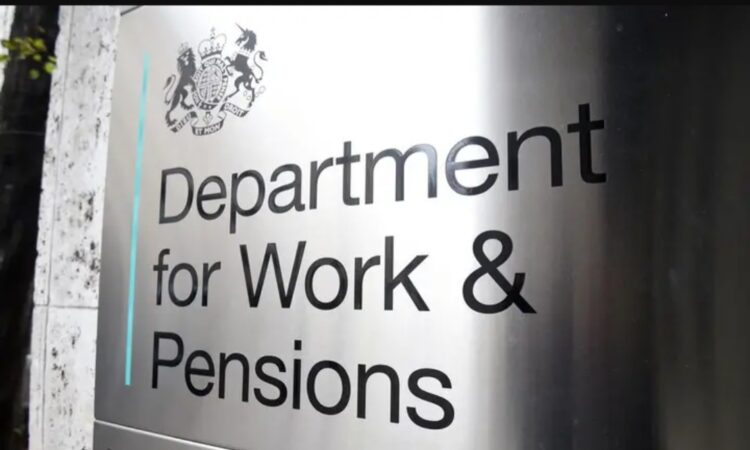
Millions of pensioners and benefit claimants are set to receive their payments earlier than usual in April due to the Easter bank holidays. The Department for Work and Pensions (DWP) has announced that payments scheduled for April 18 (Good Friday) and April 21 (Easter Monday) will instead be made on Thursday, April 17. This adjustment ensures that recipients receive their funds before the long weekend, avoiding delays caused by the bank holidays.
The change affects not only state pension recipients but also those claiming other benefits, including child benefit, disability living allowance, carer’s allowance, and personal independence payment (PIP). While the payments will arrive earlier, claimants will need to budget carefully, as the funds will need to last longer than usual until the next payment date.
Recipients do not need to take any action, as the DWP will automatically process the adjusted payment dates. Payments will be deposited directly into bank accounts as usual, with no changes to the total amount. If a payment is late, claimants are advised to check their award notice and contact their bank before reaching out to the DWP.
This is not the only payment disruption expected in the coming months. The early May bank holiday on May 5 and another on May 26 will also affect payment schedules, requiring recipients to plan accordingly.
Looking ahead, state pension payments are set to increase in April 2025 as part of the government’s triple lock guarantee. The full new state pension will rise from £221.20 to £230.30 per week, providing a weekly boost of £9.10. Those on the basic state pension will see their payments increase from £169.50 to £176.45 per week. Over the course of a year, this represents an increase of nearly £500, with the annual total rising from £11,541.90 to £12,016.75.
The triple lock ensures that state pensions increase annually by the highest of three measures: inflation (based on the previous September’s figure), wage growth (average increase between May and July), or 2.5%. This policy aims to protect pensioners from the rising cost of living and ensure their incomes keep pace with economic changes.




